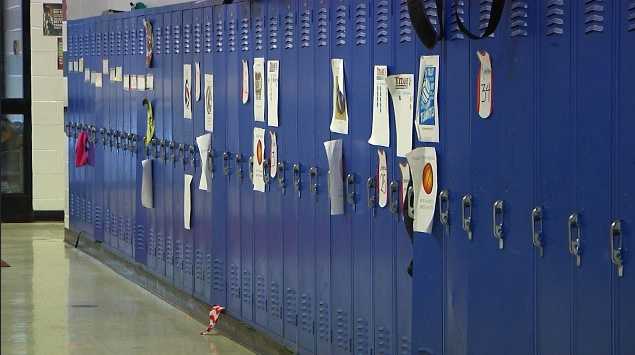BISMARCK, N.D. (KXNET) — The education system has been in crisis on multiple fronts in recent years. According to the American Enterprise Institute, 26% of students in U.S. public schools were “chronically absent” (missed more than 10% of the school year, or about 18 days of class) last school year, up significantly from 15% before the pandemic. This may leave some wondering what can be done to keep students in class.
A comprehensive survey by Test Prep Insight polled 3,000 parents (including North Dakota state representatives) about whether or not parents should be fined for absenteeism, with respondents telling us that money is the primary motivator for many parents. Results showed that 25% of North Dakotans support the idea of using monetary penalties as a means to deter students from absenteeism, with the average proposed fine being $22 per day. Meanwhile, 44% opposed the idea, saying it could be very unfair to parents from poorer backgrounds. Survey respondents continued to point out that steps could be taken to help students in ways other than placing additional burdens on parents. 70% said schools and authorities should offer extra support to students who may be struggling in class, 20% suggested offering monetary incentives for good attendance, and 10% said increased communication with parents would help.
However, there are many possible reasons why students are chronically absent, with mental health issues being one of the most common and frequently discussed. In investigating the issue of school absenteeism, Test Prep Insight also asked its sample population about their feelings about being absent due to mental health reasons.
A significant percentage of parents surveyed (73%) agree that their children should be able to take mental health leave. Unfortunately, despite interest in such programs, several obstacles make proper implementation quite difficult. The most common obstacles are unsupportive school policies (47%), social stigma (27%), and fear of falling behind academically (26%). Luckily for those worried about that last hurdle, respondents also shared how schools can support students who need time to calm down, most notably through catch-up sessions (33%), regular check-ins with counselors (30%), flexible deadlines (25%), and providing assignments in advance (12%).
When asked what changes they would like to see in the way children’s mental health issues are handled, 39% of parents overall surveyed wanted improved teacher training, 3% were in favor of introducing mental health education into the school curriculum, 21% were interested in improved communication between schools and parents, and 17% said there should be more mental health professionals on the ground.
Most respondents also agreed that these days off should not be taken lightly and that senior staff should be able to decide when mental health leave is appropriate. 66% of parents said parents should have the final say on whether their student can take time off. A further 17% believe it is the responsibility of the child’s therapist or doctor to decide, while 3% suggest the school should decide.
To see the full survey (including a detailed infographic showing how parents across the U.S. view the issue of fines for absences), visit this page on TestPrepInsight.com.


